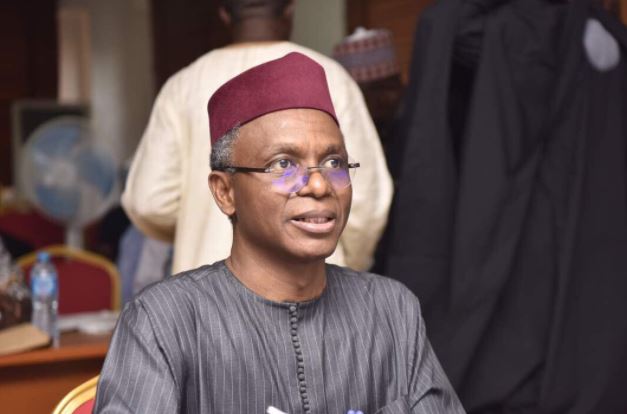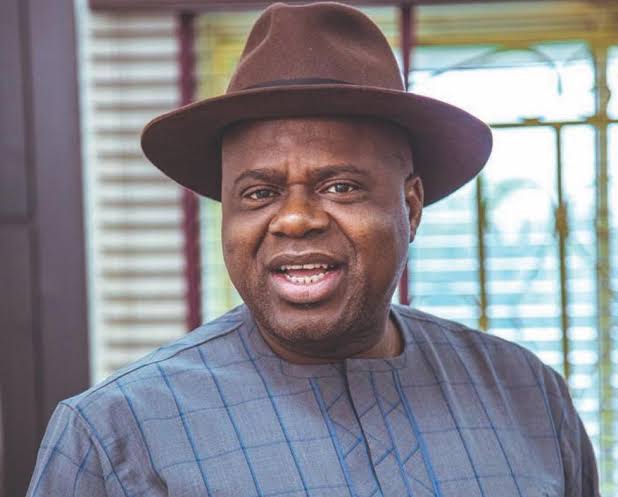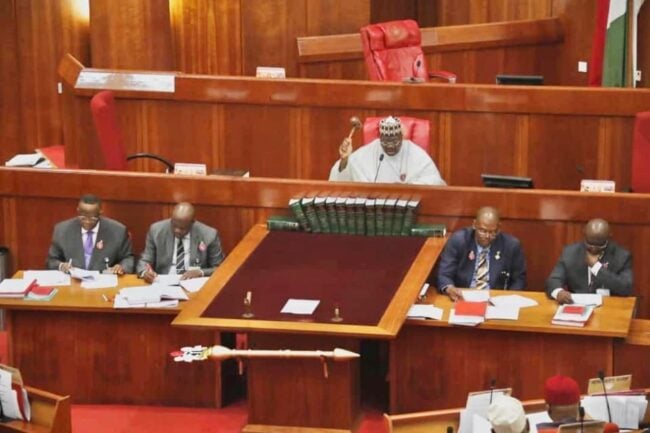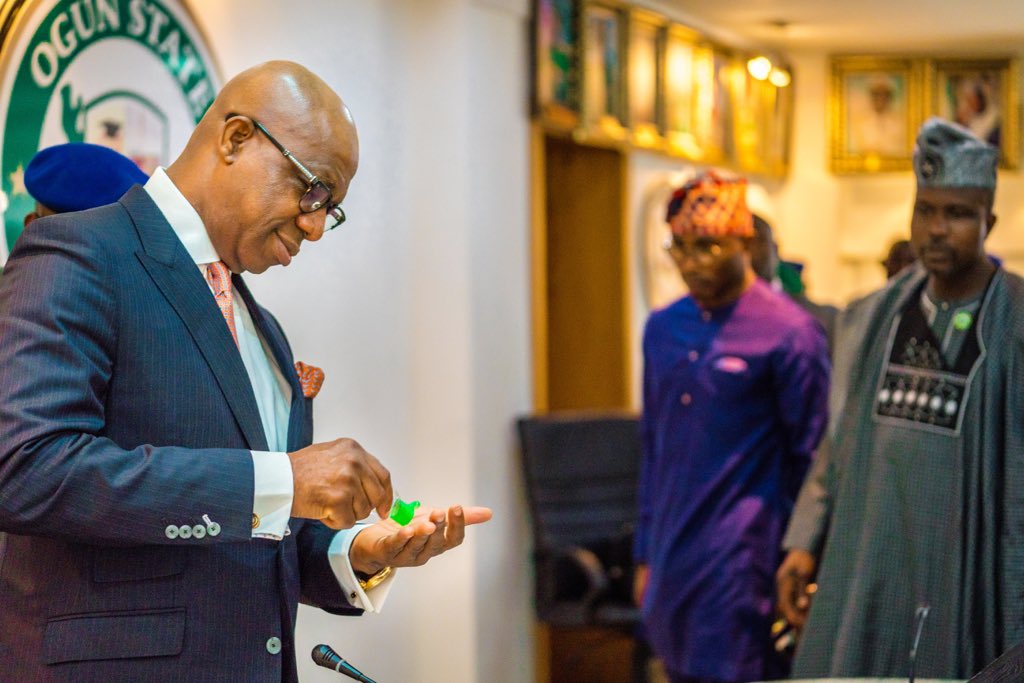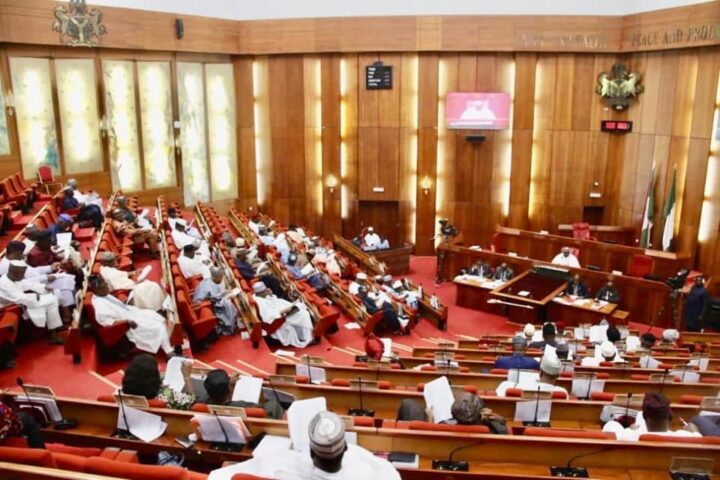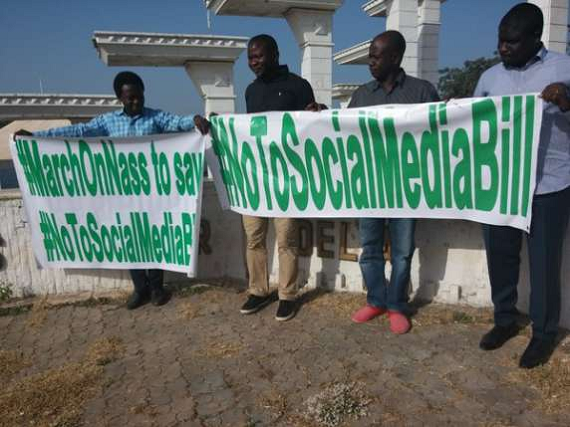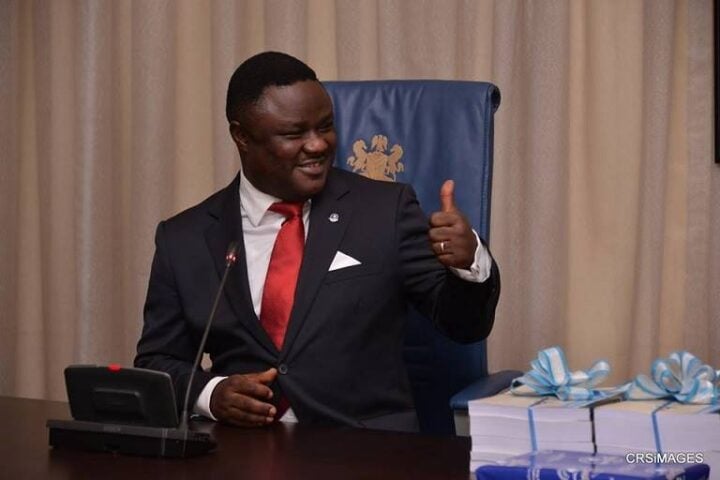BY ADAMU HAYATU
For someone who was born in the 70s, nothing had changed in Kaduna town until now. From when the military handed over to the civilians in 1979, to the time it seized power again in 1983, held on to it for almost 13 years, handed over to the civilians again in 1999, the town had remained essentially the same. Likewise, the town has not changed after 16 years of democracy, when PDP was in power. Largely, it had remained more or less the same city; rich in history and filled with big names but little or nothing to show for it. However, Kaduna town and indeed the entire state, is now wearing a new look because a new sheriff is in town.
As expected, the emergence of Malam Nasir El-Rufa’I, as Executive Governor of Kaduna state, came with lots of excitement and expectations from residents and observers alike. To most people, the end of impunity, lawlessness and business-as-usual has come to an end. Indeed, these expectations are not out of place, considering his pedigree, persona and antecedents, especially as former Minister of the Federal Capital Territory(FCT). Under his administration, FCT had witnessed law and order as well as tremendous infrastructural developments. Today, El-Rufa’i is unarguably the architect of modern Abuja as the foot prints of this astute Quantity Surveyor remain indelible, 13 years after leaving office. Now, he has set his eyes on doing same in Kaduna state, with the same focus, meticulousness and determination to deliver quality projects in the former capital of Northern Nigeria.
Indeed, Kaduna state has grown to become a cosmopolitan state, with its population increasing in geometric progression. Sadly, however, public infrastructure over the years has not kept pace with this ever increasing population. Perennial neglect by previous administrations has left a yawning infrastructure deficit. In fact, some of them are creaking with age and disrepair and this embarrassment is what Malam, as the Governor is fondly called, is seeking to rectify and redress. In summary, that is the raison d’etre of his Kaduna Urban Renewal project.
Advertisement
From 2015 to 2019, El Rufai’s first term concentrated more on capacity building, like reforming public schools, engaging qualified teachers, constructing and equipping Primary Health Centres in all the 255 wards in the state. In addition, he spent time and resources on other intangibles like revitalizing the civil service. At that time, the opposition was making jest at the Governor, saying that he had no projects on the ground to campaign with during elections. However, El Rufai has had the last laugh on them as the electorate appreciated his strides in human capital development and the people overwhelmingly voted for him. The rest, as they say, is now history.
In 2006, Kaduna state’s population was 6.1 million people, the third highest, after Kano and Lagos states. The population, based on 3.18% projected growth rate, was expected to rise to 9.48 million by this year. By 2050, it is expected to increase to 12.96 million people. However, experts have suggested that the population has already reached 10 million, with over 4 million people living in the Kaduna urban area alone. In addition, they predict a continuing high urbanization/urban agglomeration in Kaduna. By so doing, over 55- 68% of the total population will move to the state capital, or will be living in Kaduna by 2050. According to this estimate, over 7-8 million people could be dwelling in just four metropolitan councils, out of 23 local governments by 2050. In this regard, Kaduna North, Kaduna South, Chikun and Igabi area council will host these residents of Kaduna state.
Sadly, the present infrastructure can not support the current population, let alone cater for the growing and projected population. Already, there are a myriad of challenges of housing, transportation and employment, including basic services such as education and healthcare. Needless to say that these shortages will be exacerbated in the future, if concrete and urgent actions are not taken.
Advertisement
In June 2019, about a month after getting a second term, El Rufai turned his focus on infrastructural development as he signed a Memorandum of Understanding with China Civil Engineering Construction Corporation(CCECC) for the road component of Kaduna Urban Renewal Project. The project, according to him, is to accelerate the urbanization of Kaduna city and major towns like Zaria and Kafanchan, where more than two-third of the population lives. This project has 14 components which include roads, mass transit, housing, improved land use, street lights, parks and recreational centres. Others are markets, neighborhood and waste management centres.
Almost immediately, the contractors have swung into action and the state capital has become one huge construction site. Men and equipment have been mobilized to different sites simultaneously. While some of these roads have been completed and opened for public use, others are in different stages of completion. On the other hand, surveys, valuation of property and designation of alternative routes have reached advanced stage on projects like new Kawo bridge. Similarly, the road project that starts from Rabah road, at Arewa House junction, through Unguwar Kanawa, to old NDA, linking western bypass to Rigasa train station will soon commence. Indeed, this 14 kilometre road is an ambitious one as it will have two bridges, one underpass and a flyover.
In addition, a road will be constructed from Police College Roundabout at Independence way, it will then cut through Kabala Costain and cross river Kaduna, where a bridge is already being constructed. Specifically, that road will link Kaduna North to Kaduna South local government areas, especially Aliyu Makama road at Barnawa area. When completed, this road will reduce the volume of traffic across the stadium roundabout. Right now, the traffic congestion on that road during rush hours, wastes travel time for both commuters and vehicle owners. According to reports, the completion of this new road and bridge will provide an alternative route for people plying the Stadium-Station Market-Barnawa road.
Aside road construction, there are other components of the Urban Renewal Project, like the Centenary Park, which is nearing completion. In fact, it hosted the new year countdown celebrations, a night of music, food and fun, where friends, families and colleagues met to unwind amidst floodlights and fireworks. In addition, the world class Galaxy Mall on Waff road, which is expected to be completed mid-2020, is part of the Urban Renewal Project. Already, investors like Shoprite and a leading cinema operator like Silverbird have shown interest in the mall. Likewise, the General Hassan Usman Katsina Park is also currently undergoing total reconstruction that would elevate it to its befitting status. It is expected to house a games arcade, a zoological garden, as well as a movie theatre.
Advertisement
Besides, Kaduna Urban Renewal Project is not just about beautifying the city and upgrading infrastructure. The project comes with a multiplicity of impacts, especially propelling the state to being the destination of choice for both local and foreign investors. Invariably, this will lead to job creation and provision for skilled and unskilled labour, thereby engaging most of the teeming youths roaming the streets.
Governor El-Rufa’i has demonstrated political will and doggedness, by conceiving this noble project and implementing it with vigour, without compromising quality. After all is said and done, Kaduna will regain its place of pride as the capital of Northern Nigeria and posterity will remember Malam as the architect of the Kaduna Urban Renewal.
Adamu is a Special Assistant on Infrastructure
Advertisement
Views expressed by contributors are strictly personal and not of TheCable.
Add a comment
